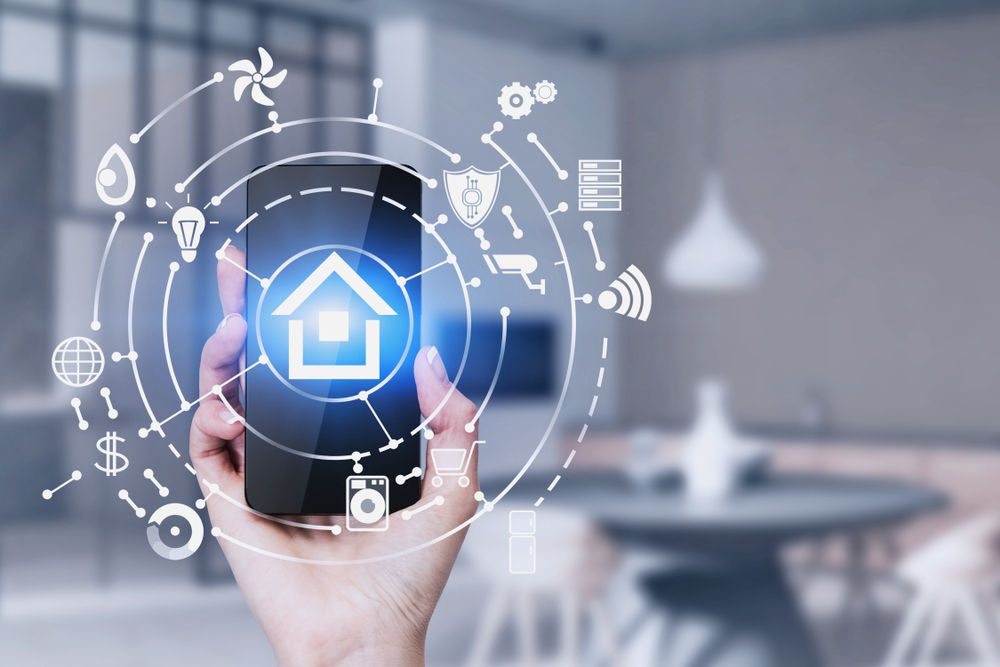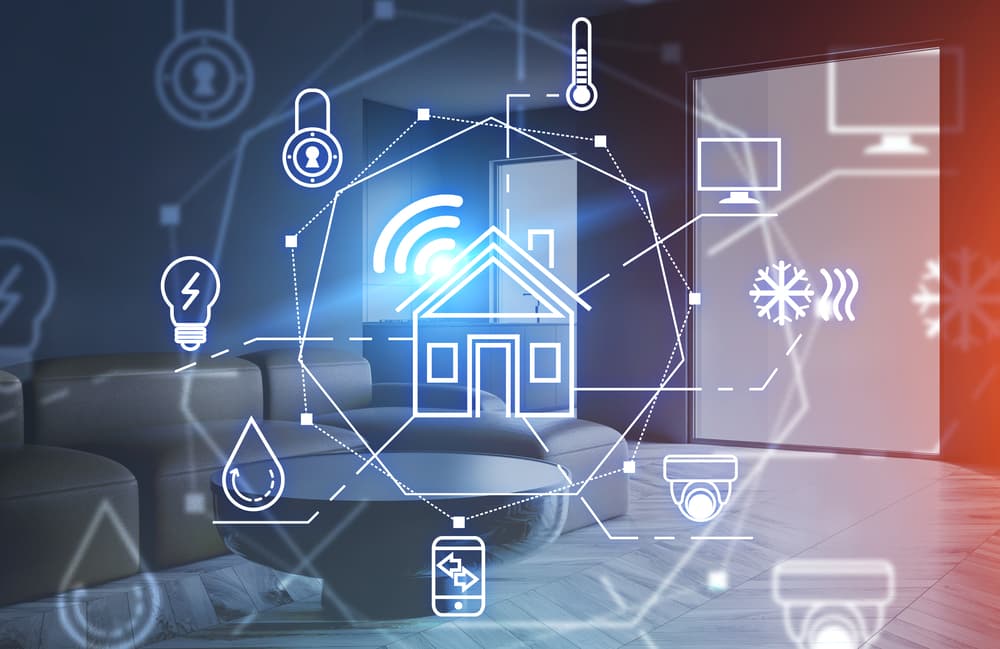
How to Save Energy with IoT: Innovative Solutions for a Sustainable Future
Share
In today's fast-paced world, the need for energy efficiency has become more pressing than ever. With the growing concerns over climate change and the increasing costs of energy, finding ways to save energy is at the forefront of both consumer and industry minds. Enter the Internet of Things (IoT), a revolutionary technology that has the potential to transform how we manage and conserve energy.
How to save energy with IoT is a question that resonates deeply with tech professionals and enthusiasts alike. By leveraging IoT technologies, we can create smarter, more energy-efficient homes and businesses. This article will delve into the ways IoT can help us save energy, the benefits it offers, and the challenges we may face along the way.

Understanding IoT and Its Role in Energy Efficiency
IoT refers to the interconnected network of physical devices that communicate and exchange data with each other over the internet. These devices can range from smart thermostats and lighting systems to industrial machinery and energy meters. By integrating IoT into our everyday lives, we can gain valuable insights into our energy consumption patterns and make informed decisions to reduce waste and optimize usage.
Smart Homes: Revolutionizing Energy Consumption
The concept of smart homes has gained significant traction in recent years, and for good reason. With IoT-enabled devices, homeowners can effortlessly control and monitor their energy usage. For instance, smart thermostats can learn user preferences and adjust heating and cooling settings accordingly, leading to substantial energy savings.
Moreover, IoT-powered lighting systems can automatically adjust brightness based on natural light levels and occupancy, further minimizing energy consumption. By integrating these smart devices, homeowners can achieve a higher level of energy efficiency while enjoying enhanced comfort and convenience.
Industrial IoT: Optimizing Energy Usage in Businesses
While the benefits of IoT in energy efficiency are apparent in residential settings, they are equally impactful in industrial environments. Industrial IoT (IIoT) enables businesses to optimize their energy usage by providing real-time data on equipment performance and energy consumption.
By analyzing this data, companies can identify inefficiencies and implement targeted strategies to reduce energy waste. This not only leads to cost savings but also helps businesses meet sustainability goals and reduce their carbon footprint.
Challenges and Considerations in Implementing IoT for Energy Efficiency
While IoT offers immense potential for energy savings, there are several challenges and considerations to keep in mind. One of the primary concerns is data security. With the increasing number of connected devices, ensuring the security and privacy of sensitive information is crucial.
Additionally, interoperability between different IoT devices and platforms can pose challenges. It is essential to choose devices and systems that are compatible and can seamlessly communicate with each other.
The Future of Energy Savings with IoT
As technology continues to evolve, the potential for saving energy with IoT will only grow. The integration of artificial intelligence and machine learning into IoT systems will enable even more sophisticated energy management solutions. These technologies can analyze vast amounts of data and provide actionable insights to optimize energy usage further.
Furthermore, the shift towards renewable energy sources, such as solar and wind power, can be facilitated by IoT technologies. By monitoring and managing energy production and consumption in real-time, IoT can help maximize the efficiency of renewable energy systems.

Conclusion
In conclusion, the question of how to save energy with IoT has a multifaceted answer. By embracing IoT technologies, we can revolutionize our approach to energy consumption and pave the way for a more sustainable future. Whether in smart homes or industrial settings, IoT offers innovative solutions to optimize energy usage, reduce waste, and lower costs.
As we continue to explore the potential of IoT, it is crucial to address challenges such as data security and interoperability. By doing so, we can unlock the full potential of IoT and create a more energy-efficient world for generations to come.
FAQs
-
What is IoT?
The Internet of Things (IoT) is a network of interconnected physical devices that communicate and exchange data with each other over the internet. These devices can range from smart thermostats and lighting systems to industrial machinery and energy meters.
-
How can IoT help save energy?
IoT can help save energy by providing real-time data on energy consumption patterns, enabling users to make informed decisions to reduce waste and optimize usage. For example, smart thermostats can learn user preferences and adjust heating and cooling settings accordingly, leading to substantial energy savings.
-
What are the challenges of implementing IoT for energy efficiency?
Some challenges of implementing IoT for energy efficiency include data security, interoperability between different devices and platforms, and ensuring the privacy of sensitive information. It is essential to choose devices and systems that are compatible and can seamlessly communicate with each other.
